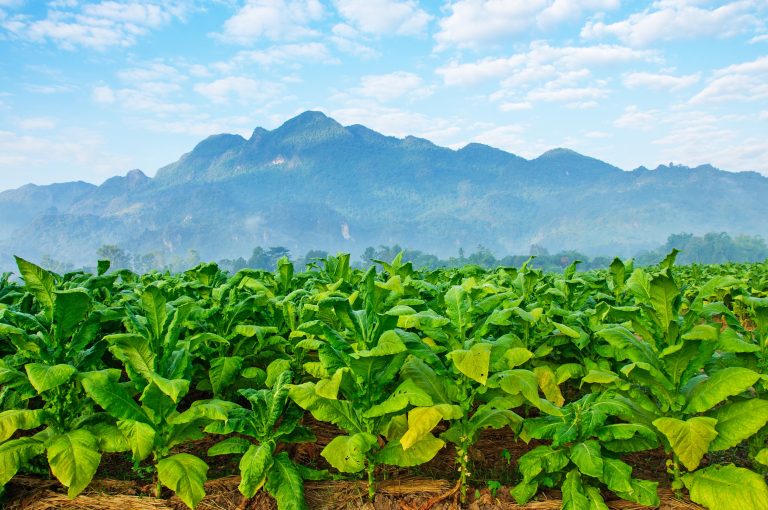
How Malawi can prevent a COVID-19 food crisis
The rising number of COVID-19 cases in Malawi could ultimately force officials to institute a lockdown in an attempt to mitigate the burden on the country’s shaky healthcare system. The Ministry of Health has reported more than 3,000 confirmed cases in recent weeks. Although an overly restrictive lockdown could have a devastating impact on the most vulnerable — those without access to food security, adequate resources, or access to healthy diets — putting the right measures in place could allow us to avert catastrophe. Working with international development partners, the government should consider the following measures to prevent a food crisis:
Categorize food production, transportation, and marketing as essential services
Given sufficient rains during the current growing period, the country’s outlook in terms of food supply is positive (WFP, 2020). But this could change if movement restrictions include essential actors in the food supply chain — i.e., farmers, traders, transporters, and marketers (Torero, 2020). Wholesale and retail markets should remain open under close surveillance. Any disruption in the food supply chain would reduce the availability of food and result in greater post-harvest losses as farmers fail to deliver crops to market. The government should focus on maintaining credit access for smallholder farmers, traders, and small-to-medium enterprises in agri-food systems.
Allow the movement of labor across the food supply chain
Seasonal laborers are essential to the food supply chain. In lockdowns during the Ebola crisis in West Africa, road closures and movement restrictions eliminated many farmers’ market access and reduced the availability of seasonal labor typically hired during peak planting, weeding, or harvesting periods (FAO, 2020).
Maintain open borders for trading goods and services
Regional and global food trade routes are critical to the maintenance of food markets and supply chains (see Food and Agricultural Organization). Restricting trade, as seen during the 2008 food price crisis, can lead food prices to spiral out of control.
Enact measures to ensure adequate food supply
Measures taken to avert a COVID-19 food crisis must also ensure adequate access to fresh and nutritious foods, especially for the most vulnerable populations (Headey and Ruel, 2020). Encouraging production in peri-urban areas, home gardens, or areas closer to consumer demand was shown to help during China’s lockdown in the Hubei province (FAO, 2020).
Expand food assistance and safety net programs among those most affected
Rising unemployment and the loss of income among many households occur during a lockdown. Hourly workers are particularly hard hit in informal and service sectors. During a lockdown, school meal programs also disappear — which is particularly concerning given that many children rely on such programs. To prevent food insecurity and malnutrition during a lockdown, food assistance and mobile cash transfers may be needed; these could include innovative delivery systems to replace school meal programs (Headey and Ruel, 2020).
Focus on women’s empowerment and gender equity
A lockdown would test the economic and psychological welfare of families and increase the threat of domestic violence, especially against women and children (Headey and Ruel, 2020). Programs implemented during the lockdown must prioritize gender equity to support individuals, families, and communities.
Consider work-for-cash employment programs
With rising unemployment and resultant income loss, cash-for-work schemes could provide some buffer by employing people to help manage the various measures to sustain a safe and efficient food system during the lockdown. Such roles could include food distribution, the development of communal hand-washing stations, and the promotion of safe hygiene practices (Reardon et al., 2020). Such investments would have a long-lasting impact on public health.
Conclusion
Although it is a last resort, a lockdown doesn’t have to overburden Malawi’s food production system. Measures like those we suggest above should be undertaken with proper COVID-19-related protocols. Health must remain a top and immediate priority. Measures to expand the country’s COVID-19 testing capacity must continue, as well as those promoting social and hygiene practices, until an effective vaccine becomes readily available.
© 2023 Foundation for a Smoke-Free World. All rights reserved.